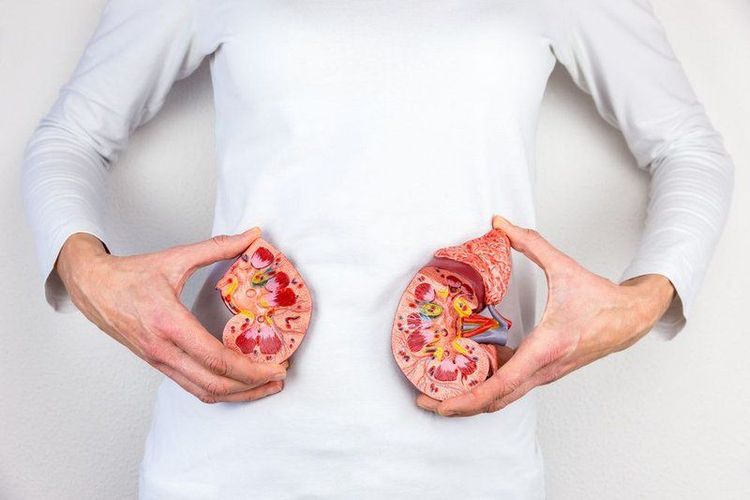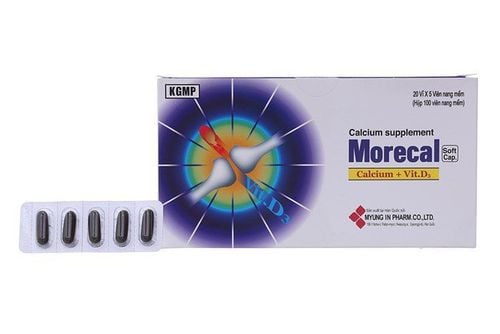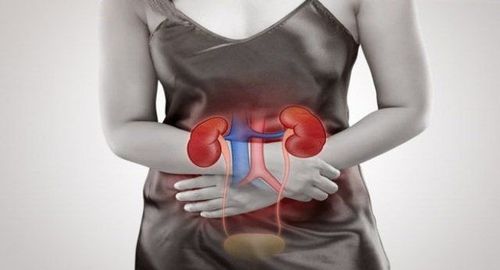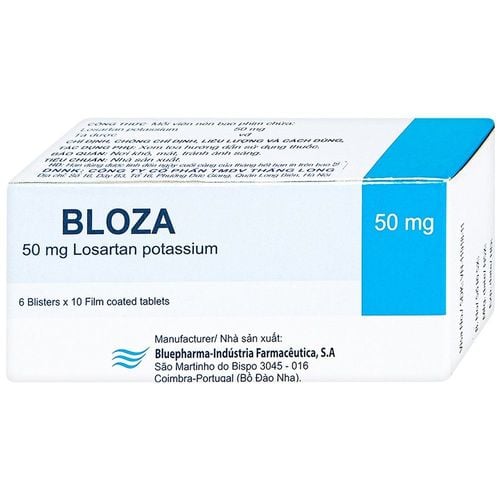This is an automatically translated article.
The article was professionally consulted with Associate Professor, Doctor, Doctor Hoang Dang Mich - Head of Department of Medical Examination & Internal Medicine - Department of Medical Examination and Internal Medicine - Vinmec Ha Long International Hospital.Chronic kidney disease causes the entire function of the kidneys to decline. When the remaining kidney function is less than 15% of normal function, the patient will face extremely dangerous complications of chronic kidney failure. The only treatment at this time is dialysis and a kidney transplant.
1. End stage chronic kidney failure
When you have end-stage chronic kidney failure, it also means that the kidneys are no longer able to function properly to meet the needs of daily life. According to research, chronic kidney disease usually won't progress to end-stage until at least 10 or 20 years after diagnosis.
End-stage chronic renal failure is the fifth stage of disease progression and is assessed by glomerular filtration rate (GFR).
The most common causes thought to cause end-stage renal failure are hypertension and diabetes. A few other causes that can also lead to end-stage chronic kidney failure can be:
Long-term obstruction of the urinary tract due to kidney stones, certain types of cancer or an overgrowth of the prostate gland. Due to chronic glomerulonephritis, systemic lupus erythematosus. Urine flows back into the kidney during vesicoureteral reflux. There are congenital abdominal abnormalities.
2. Complications of end-stage chronic renal failure

Some complications of end-stage renal failure can include:
The patient will have skin infections due to dry skin and itchiness and discomfort Increased risk of infection in the body Weakened bones Nerve damage Menstruation Changes in blood glucose levels Abnormal electrolyte levels Musculoskeletal pain. In particular, patients may develop some complications of end-stage renal failure, although less common, but more serious, such as:
Liver failure Hyperparathyroidism Convulsions Bone disorders Malnutrition blood Stomach and intestinal bleeding Brain dysfunction and memory loss Fragile fractures Heart and blood vessel problems Mucus accumulation in the lungs.
3. How long to live with end stage chronic kidney disease?

“How long to live with end stage kidney failure?” This depends on the patient's health status as well as the patient's ability to respond to treatment. Usually, when the patient has end-stage chronic kidney failure, the patient is indicated for renal replacement therapy, including 3 methods: artificial kidney, kidney transplant and peritoneal dialysis.
Kidney transplant : Is a technique of taking a healthy person's kidney to transplant to a patient with end-stage chronic renal failure. After recovery, the transplanted kidney will function as normal. However, the effectiveness of treatment depends on whether the kidney is suitable for the recipient or not, in addition, the patient also has to face the risk of transplant rejection and some side effects of transplant rejection drugs.
Hemodialysis: For this method, the patient needs to go to the hospital to perform hemodialysis 2-4 times a week, the time for each dialysis session usually lasts from 4-6 hours depending on the health condition. patient's health.
Peritoneal dialysis: The peritoneal peritoneum is essentially a semi-permeable membrane for water and dissolved substances to pass through, the doctor will take advantage of this mechanism to filter wastes out of the body of patients with end-stage renal failure. . This method of treating chronic kidney failure is quite simple and patients can prepare technical equipment to perform daily peritoneal dialysis at home.
To prevent complications of end-stage chronic kidney failure, each patient needs to actively equip themselves with the necessary knowledge about this disease, have regular health check-ups to listen to the doctor's advice about this disease. how to treat and build a healthy and safe diet.
Early detection of kidney failure plays an important role in the treatment outcome, so the diagnosis has special significance. Renal function scintigraphy is routinely applied at the Nuclear Medicine Unit, Vinmec International General Hospital. This is a technique to evaluate kidney function using modern high-precision measuring equipment and radioactive tracer. With good quality images, functional renal scintigraphy has become an indispensable technique to probe kidney function, contributing to improving the efficiency of diagnosis and treatment of kidney and urinary tract diseases. In particular, the scan shows the function of each kidney individually, helping to make safe treatment decisions.
Currently, Vinmec International General Hospital uses the SPECT/CT Discovery NM/CT 670 Pro equipment system, with the most modern 16-series CTs of the world's leading medical equipment company GE Healthcare (USA), for High quality images help to diagnose diseases that need to be investigated early.
A team of experienced Vinmec doctors, well-trained at home and abroad, directly advise and provide maximum support to customers during the shooting process, even for foreign customers. .
Please dial HOTLINE for more information or register for an appointment HERE. Download MyVinmec app to make appointments faster and to manage your bookings easily.













